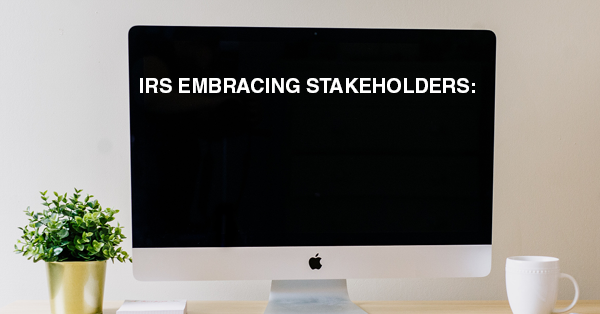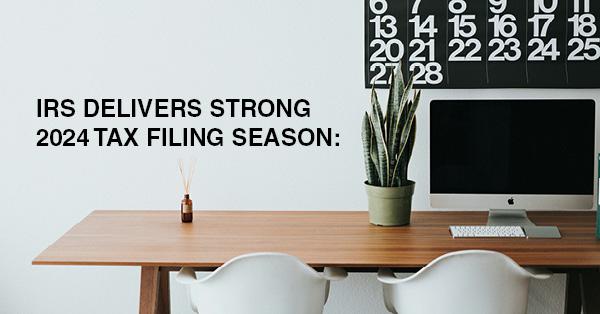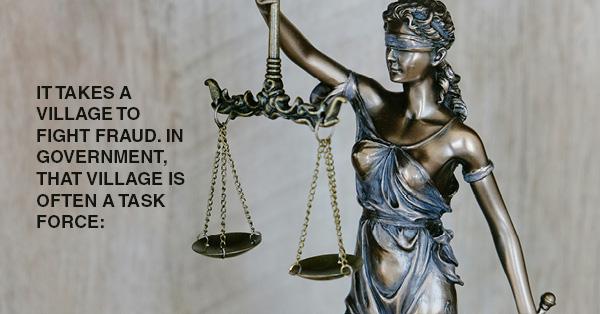IRS EMBRACING STAKEHOLDERS:

Note from the Editor: As your IRS liaisons, both myself and Board president, Keith Huebel, interact with the IRS management staff on a regular basis. If you are experiencing systemic issues or have input regarding the Strategic Operating Plan write to us at Nina@NSTP.org or Keith@NSTP.org with your comments.
By CPA Trendlines Research
The Internal Revenue Service recognizes that it cannot achieve effective tax administration alone, that it must include a broad ecosystem of stakeholders.
In other words, taxation takes a village.
The IRS’s new Strategic Operating Plan 2023-2031 delves into the breadth and variety of stakeholders.
Tax professionals, of course, are a key stakeholder.
- They have direct interest in the efficiency of the IRS.
- They make the tax system viable.
- Tens of millions of individuals and businesses depend on tax practitioners.
- Practitioners have unique insight into the actual preparation of tax returns.
A Vast Community
The recognition of tax professionals extends well beyond those who prepare taxes for clients. The professionals are a vast community that includes
- state tax administrators,
- software makers,
- payroll providers,
- the IRS Advisory Council,
- the Treasury Tribal Advisory Committee,
- the Electronic Tax Administration Advisory Committee and
- current and future IRS employees.
“This Strategic Operating Plan has been developed with our stakeholders’ needs and partnership in mind,” the SOP states. “Successfully implementing the strategy outlined in this Plan will rely on partnership with and continuous feedback from all those impacted.”
Unfortunately, the SOP does not specify exactly how these partnerships will work, perhaps because it’s too early in the development and implementation of the plan. We can only hope that a forthcoming iteration of the plan will address a few questions, such as
- Which parts of the filing process most hinder or complicate the work of tax preparers?
- In what areas of taxation will the IRS be seeking input and ideas?
- How can tax professionals deliver insights and suggestions to the IRS?
- Will the IRS actually listen to what tax pros have to say?
- Will the IRS establish an active, functional forum where stakeholders can communicate with each other and with the IRS?
- Will there be any structural formality to the partnership that the IRS advocates, or is the partnership more of a theoretical nature?
- Will there be a timetable and milestones to advance and measure the activities and successes of the partnership?
There’s one more question, but it isn’t for the IRS. It’s for the tax professionals themselves.
- Who will take the time to contribute to the IRS’s efforts to improve the taxation process?




